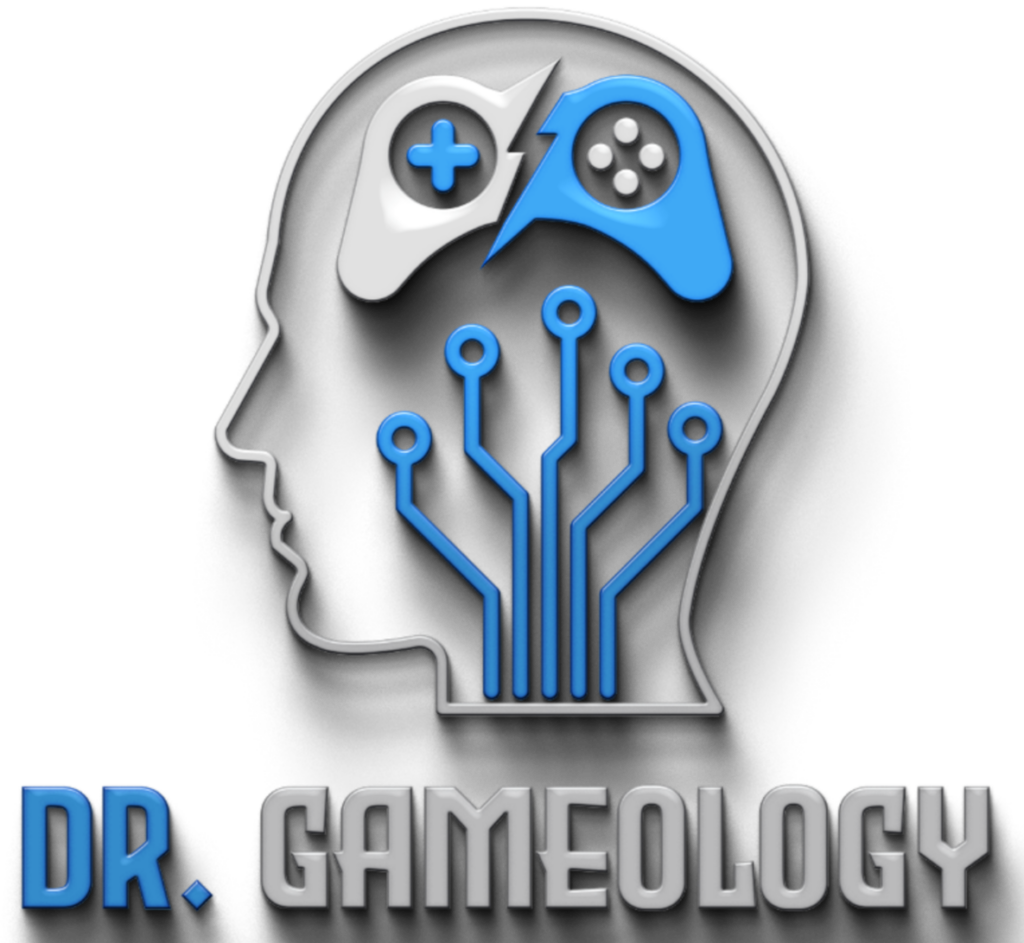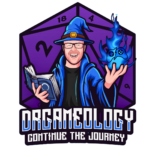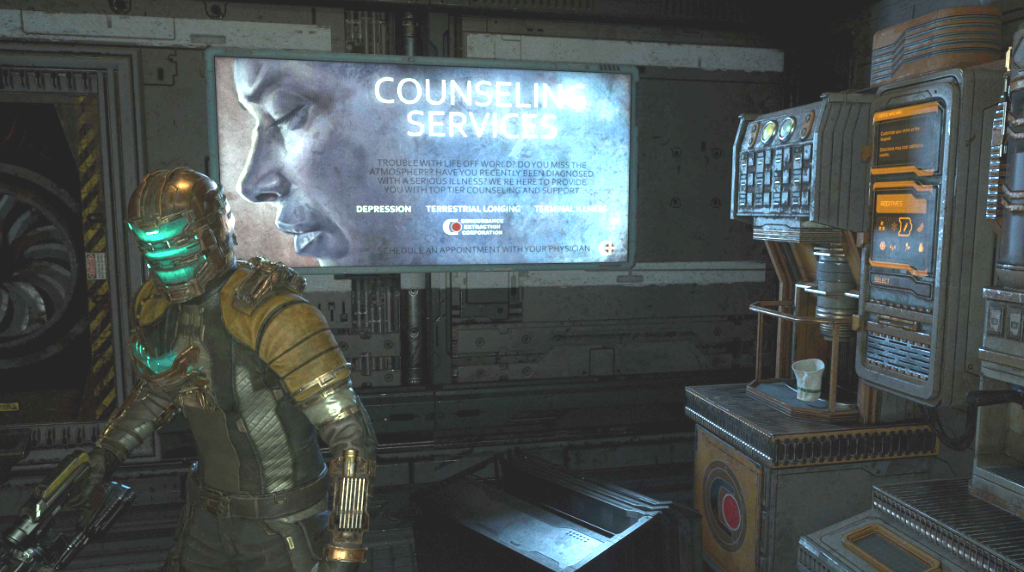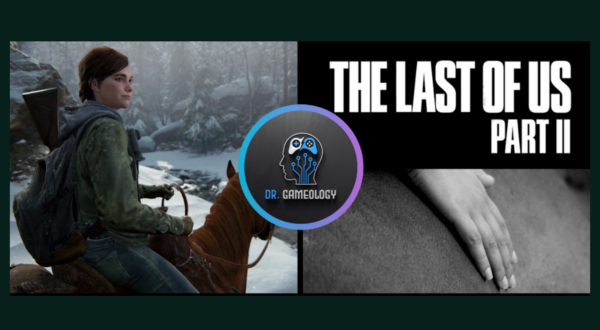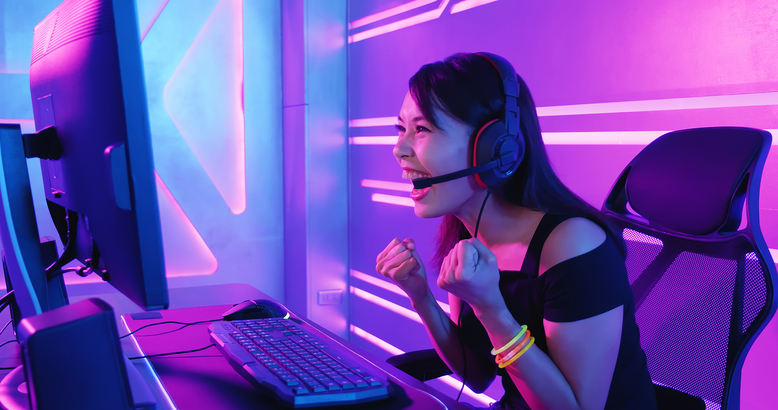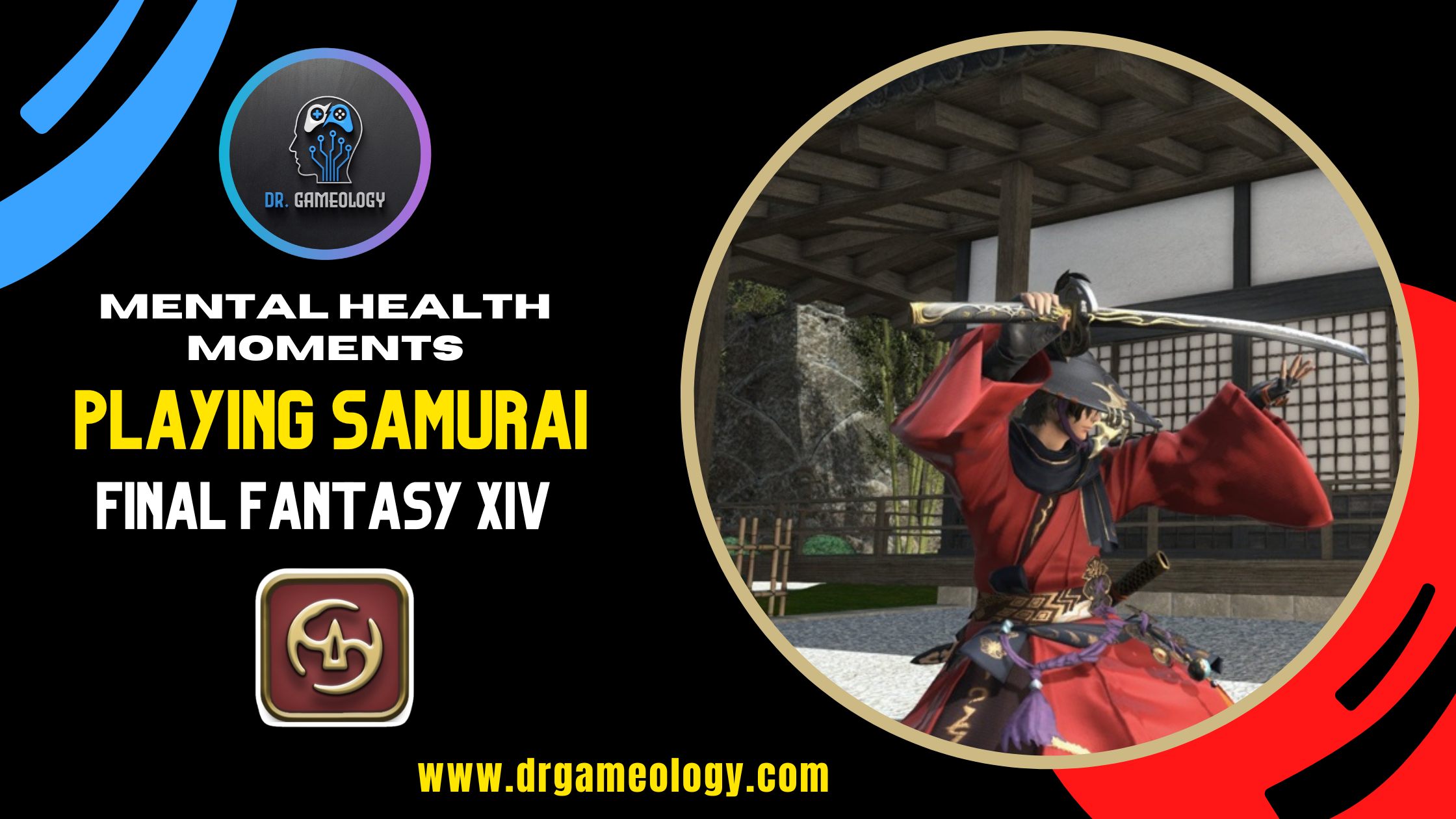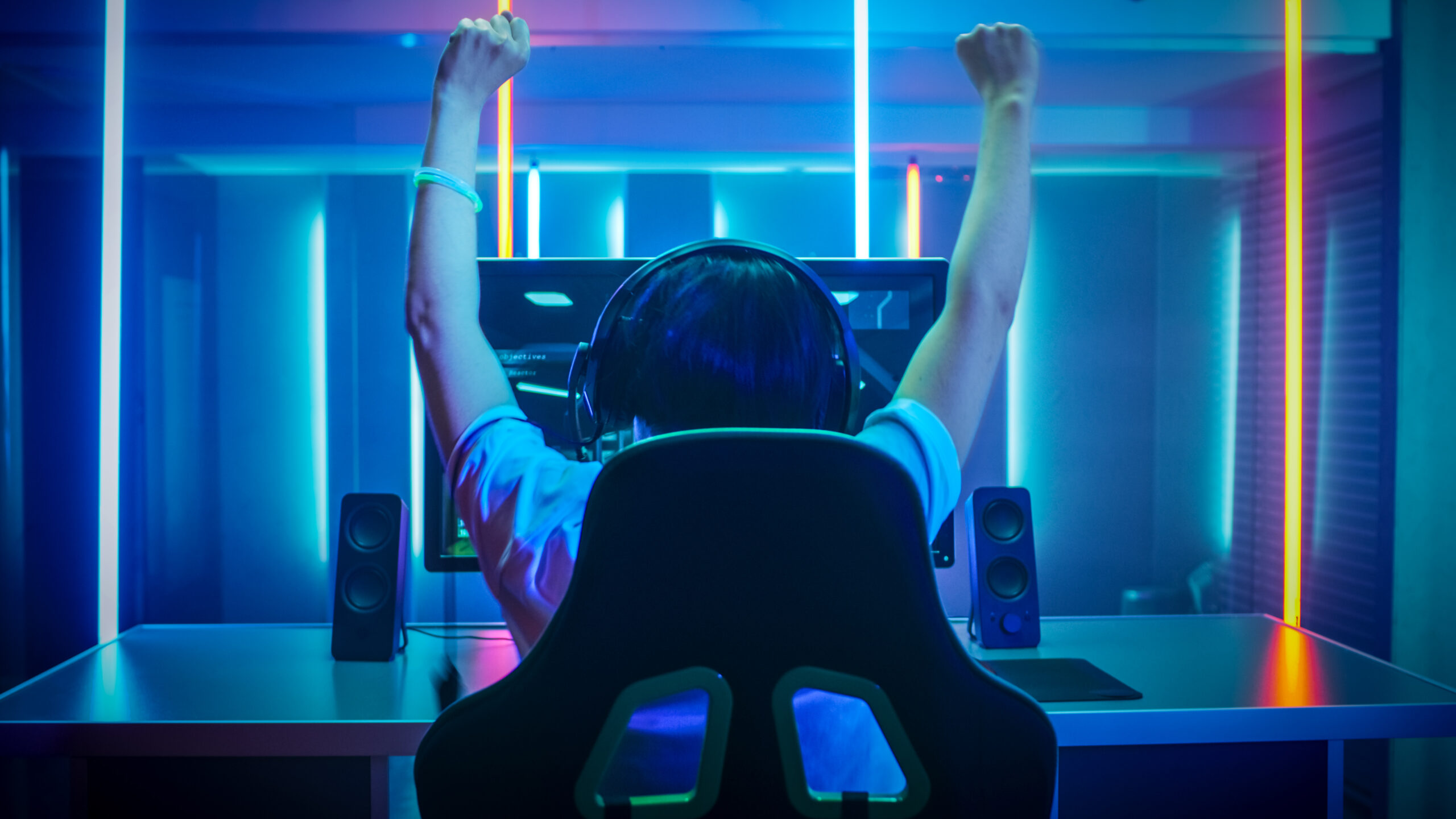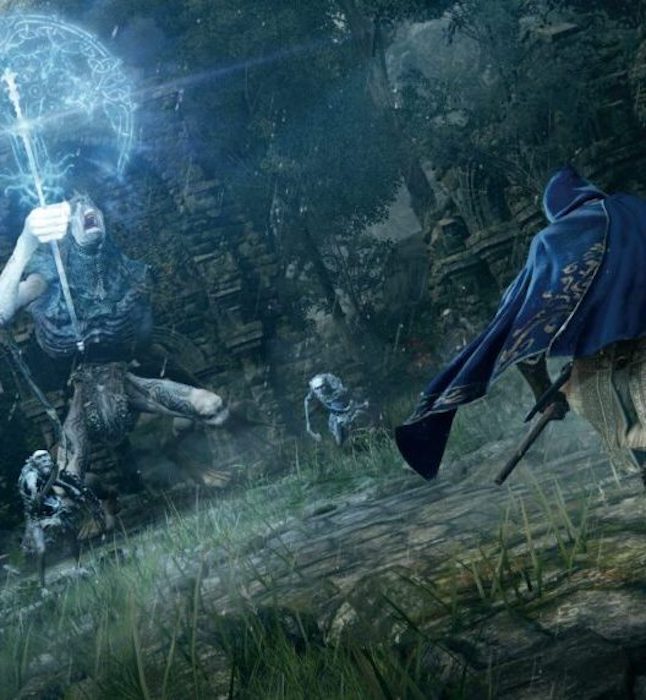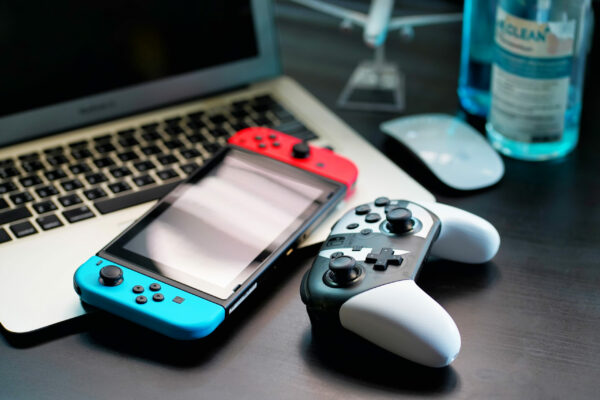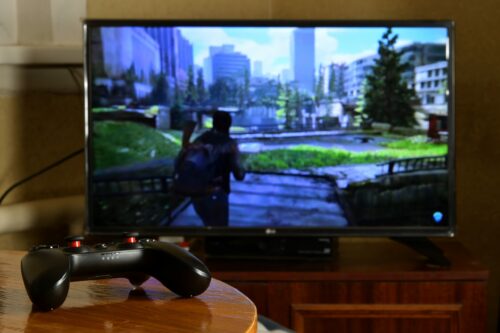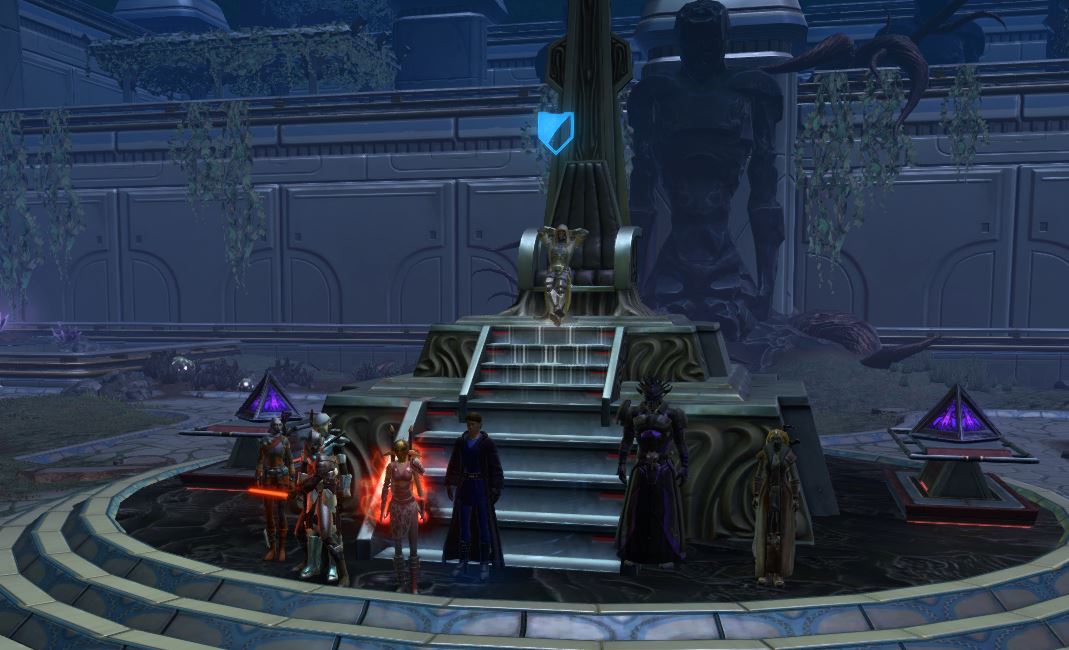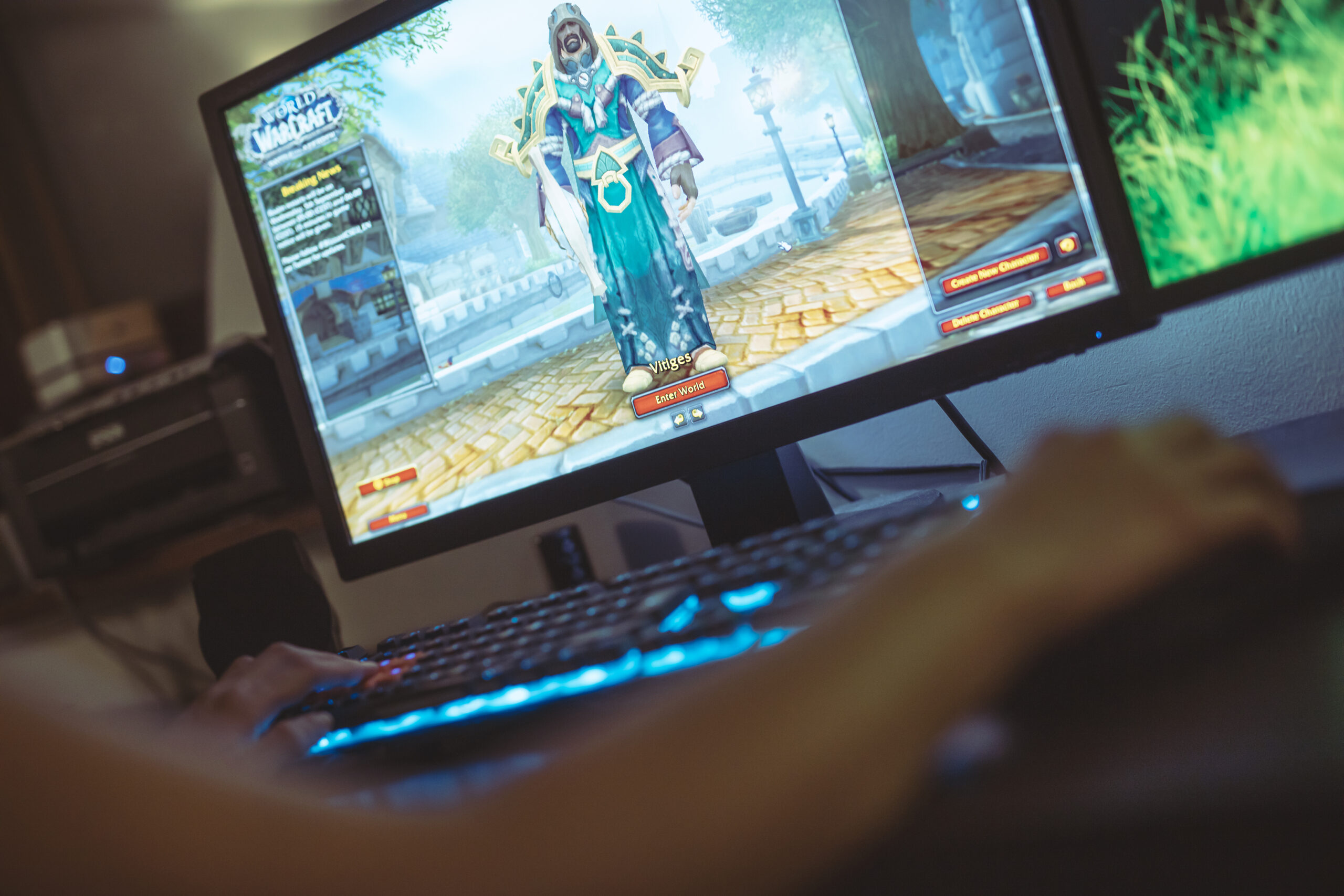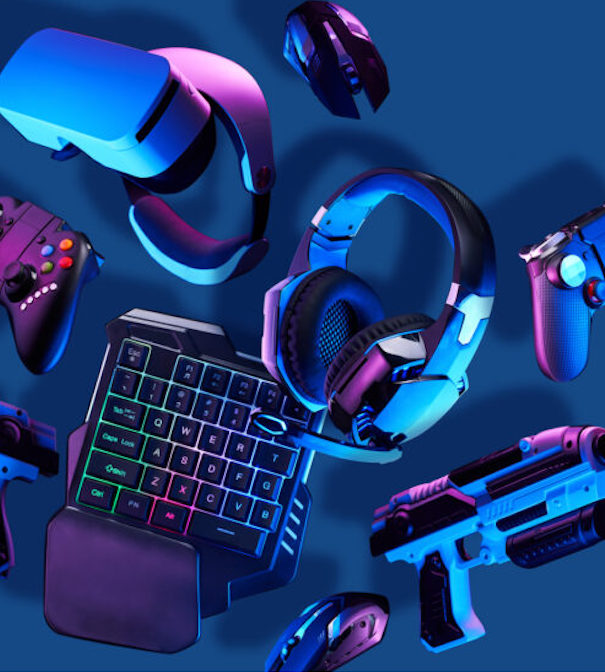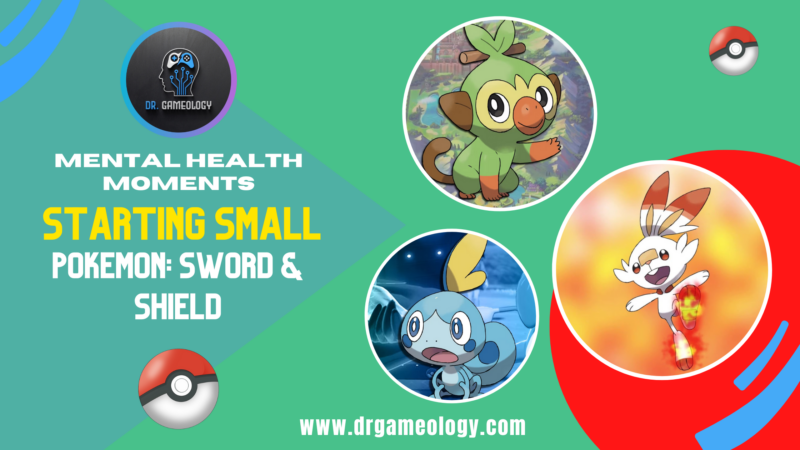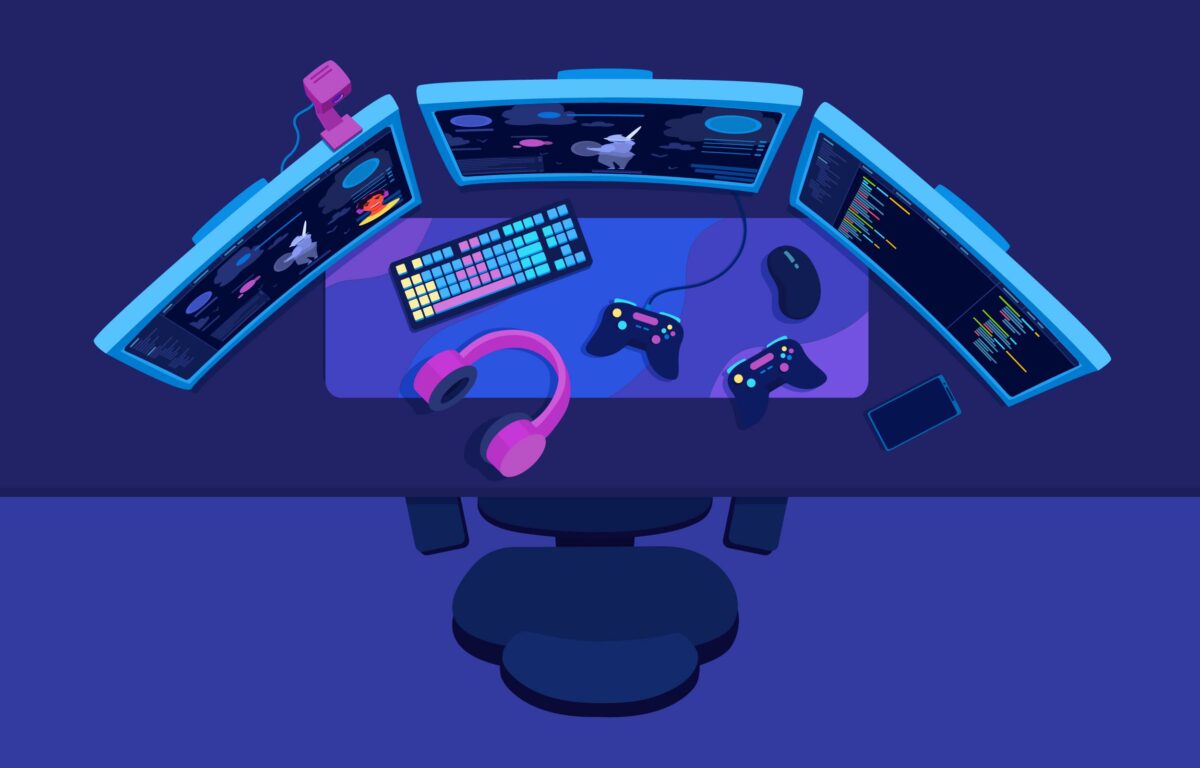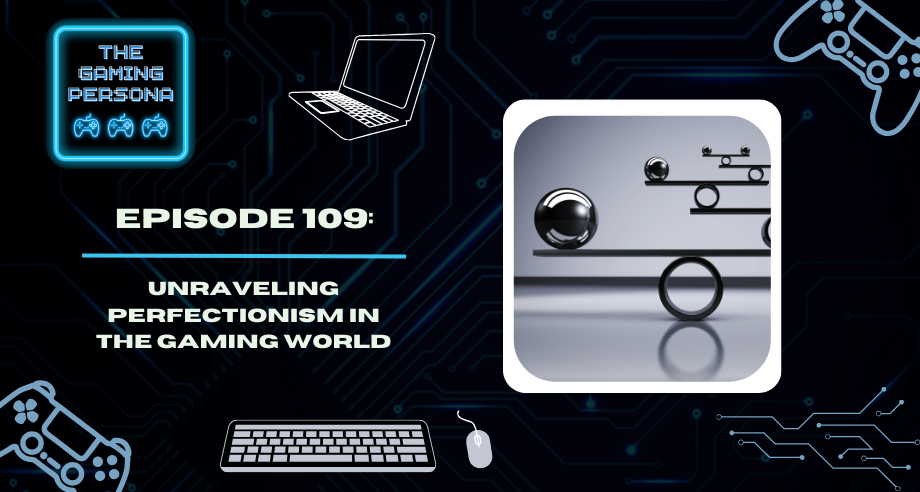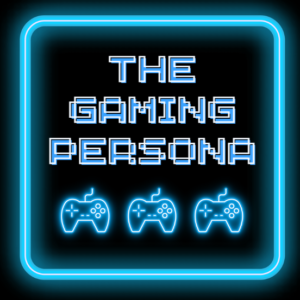
The Gamer's Journey - Out Now!
Discover how video games transform ‘fun’ into a journey of challenge, skill, and self-discovery in Dr. Gameology’s new book. Uncover new facets of yourself and your potential — Order your copy today!

The Intriguing Metaphor of the Health Bar in Video Games
As technology continues to advance, video games are becoming more than just a source of entertainment. In fact, they can be a powerful tool for understanding and managing our mental health. One intriguing metaphor found in many popular video games is the concept of the health bar – a visual representation of how much energy or life force we have left as we progress through the game. When we do well, the level of health stays high, and when we make mistakes, the life energy in our character depletes. If the entire bar is emptied, we suffer a defeat and have to try again. If we meet the encounter with the right level of skill and execution, we succeed without our health bar being emptied, and we can then move on to join the next task. This same idea can also be applied to our emotional and psychological well-being, reminding us that it’s important to take care of ourselves if we want to stay healthy, productive and happy. We cannot participate in any challenges with an empty health bar. Let’s explore why taking care of your mental health is so important and explore how the health bar in video games can help us better understand our own emotional states.
Seeing Our Health Bars as a Measure of Life
In most instances of using video games in therapy, it is important to see ourselves as the main character of our own story. This is how playing video games can become a mental health journey for all of us who play games. In-game, there is usually a health bar that shows how well you are doing at staying alive. If we move through our obstacles with success, our health bar stays filled and we never come close to the anxiety of an in-game death. If we move through in a clumsy way, our level of health energy might suffer to the point of becoming depleted so we have to try again. The same thing happens with mental health: if something bad happens it can make it harder to do good things. But if we work hard, we can clear away the bad stuff and get back on track.
Health bars have always been a common way for gamers to track their progress in video games. They help players to stay focused and motivated, as they strive towards achieving their goals within the game. But what if we could apply this same concept of tracking our “health” to our mental health? When we notice the feedback from our health bars at the right time, it can be used to translate the action in a game into useful knowledge for the mental health journey – either through therapy or independently.

Other factors affect the ability to thrive in our level of health in game as well. Buffs and debuffs are status affects which are added to the player in moments of action during a game. They affect us both positively and negatively, meaning that cleansing the hurtful status from debuffs (poison, sleep, paralysis) can help us get back on track in order to lead healthier lives. Adding more buffs to our bar make it more likely we can form a successful action, such as increased attack, higher speed, or even invulnerability to certain hazards.
All of these elements are seen on the player health bar. As a result, the formula for seeing things as a game – goal, rules, feedback, voluntary play, and outcome – rely heavily on the presence of health in most styles of game. Health give feedback to players by showing how much health they have. Health bars can be used to help understand mental health too, like when people try to get stronger mental health or feel better overall. Health bars can also show if something bad is happening that makes it harder for you to do well in the game or feel better mentally. Clearing out the negative elements will help the player make progress and get back on track!
Explain the Correlation Between Health Bars and Mental Health
Health bars tell a player how to decide whether to push for victory or stay careful. They provide feedback by showing the amount of health a character has left, and this can be seen as a metaphor for understanding mental health journeys. Health bars can help us identify when something bad is happening that makes it difficult for us to progress or feel better mentally. By cleansing these negative influences, we can make progress and get back on track towards achieving stronger mental health. Noticing the feedback from our psychological health bar can be beneficial when striving for good mental wellbeing.
The Importance of Taking Care of Your Mental Health
Taking care of one’s mental health is incredibly important for maintaining overall physical and emotional well-being. Poor mental health can lead to an array of mental and physical illnesses, such as depression, anxiety, substance abuse, and more. It is essential to ensure that our minds are in good working order so we can remain productive and resilient in the face of life’s challenges.
Fortunately, there are a variety of strategies that can help us achieve and maintain good mental health. These include getting enough sleep, eating healthy foods, exercising regularly and connecting with friends. Taking care of our mental health is not only about managing our emotions, but also about creating an environment for ourselves where we can feel safe and supported.
How the “Health Bar” from Popular Video Games Can Help Us Better Understand Our Own Emotional States
In our favorite video games, we often see a bar representing the character’s health. This bar diminishes as our character gets hurt and grows as they heal. But what if we had a health bar representing our mental health in real life? How might that look? Would we even pay attention to it until it got too low?
The health bar found in many popular video games serves as an interesting metaphor for managing our mental health. This visual representation of our energy or life force can be seen as a reminder of how important it is to take care of ourselves if we want to stay healthy, productive and happy.
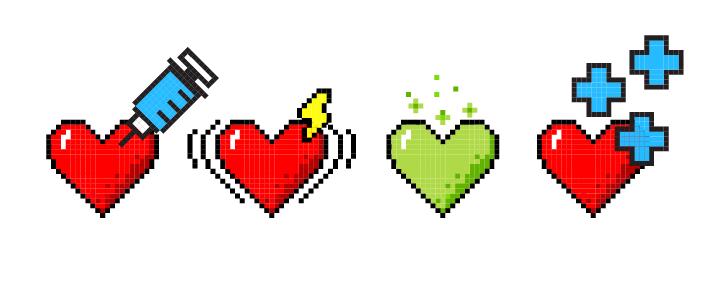
By taking a closer look at the health bar found in games, we can begin to understand how our own emotions are connected to our overall physical and mental well-being. For example, when we experience intense stress or anxiety, it can be seen as “depleting” our health bar; similarly, if we practice positive habits like getting enough sleep or eating healthy foods, this could be seen as “recharging” our bar. Sometimes we need healing rather than getting involved in more attacking. Other times, we need to cleanse an ongoing status that makes it impossible to successfully move forward. All of these things change from moment to moment, so it is a good idea to pay attention to what our needs actually are so we can be more smart when we make decisions to push ourselves.
Mental health is an often-neglected aspect of our overall well-being. When we feel like we’re running low on mental health, it can be hard to continue playing the game of life, especially when we’re facing challenging situations. We may find ourselves feeling sluggish, unhappy, or just downright stuck.
So how do we refill that mental health bar? The answer is self-care.
Self-care is the practice of taking action to preserve or improve one’s own health, well-being, and happiness. It is a vital component of mental health, and essential for anyone looking to achieve balance in their life. Just like how consuming health items in a game can fill our character’s health bar, engaging in self-care can help us rebuild our own mental health.
Self-care comes in many forms, and it should be tailored to each individual’s needs. Some self-care practices may include taking time to meditate, going for a walk, practicing yoga, getting enough rest, eating nutritious meals, reading a book, or simply doing something that brings us joy. Prioritizing self-care allows us to be more resilient in the face of life’s challenges, and fosters a positive outlook and increased productivity.
When we engage in self-care, we are telling ourselves that we are worthy of prioritizing our own well-being. It’s not a selfish act, but rather an act of self-love. By taking care of ourselves, we become better equipped to care for others. We become more productive, more creative, and more empathetic. Self-care can help us fend off feelings of stress, anxiety, and depression, which can in turn lead to better relationships, better work, and a sense of fulfillment.
The trend of self-care has taken off in recent years, with products like fitness apps, aromatherapy diffusers, and even skincare routines aimed at facilitating self-care practices. These products can be valuable tools in our self-care arsenal, but they’re not the whole picture.
Ultimately, the most important factor in engaging in self-care is self-awareness. We need to be aware of what we need and take the time to prioritize it. By cultivating a strong sense of self-awareness, we can begin to recognize when our mental health bar is dwindling, and take the necessary steps to replenish it. Whether it’s making an appointment with a therapist, dedicating time to a hobby, or simply taking a day off to rest, engaging in regular self-care is essential for our overall mental health and well-being.
Strategies for Improving Your Mental Health IRL
Taking care of one’s mental health is an important part of living a healthy and productive lifestyle. Fortunately, there are various strategies that can be employed in order to ensure good mental health. Getting enough sleep, eating healthy foods, exercising regularly and connecting with friends are all great strategies for improving our mental well-being. In addition to these tips, it is also important to make sure that we are taking time for ourselves and engaging in self-care activities such as meditating or simply taking some time out for yourself.

Using the “Health Bar” Metaphor in Everyday Life
The health bar found in video games can be used as a metaphor for understanding our own emotional states and how they affect our overall mental well-being. For example, when we experience intense stress or anxiety, it can be seen as “depleting” our health bar; similarly, if we practice positive habits like getting enough sleep or eating healthy foods, this could be seen as “recharging” our bar. Taking time for self-care activities is also essential for recharging our bar and helping us to stay healthy, productive and happy.
By understanding this concept from video games better and applying it to our lives more often, we can make sure that we are taking proper care of ourselves mentally and emotionally every day. This knowledge can help us become more aware of how our own emotional states impact our physical and mental well-being, as well as provide strategies for improving our mental health IRL. So the next time you see a health bar in a game, take a moment to reflect on how this metaphor applies to your own life—and then go get some rest!
Final Thoughts
In conclusion, video games can be more than just a source of entertainment; they can also serve as a tool to help us better understand and manage our mental health. The “health bar” found in many popular video games serves as an intriguing metaphor for managing our emotional states and how they affect our overall physical and mental well-being. Taking this knowledge into account, we can make sure that we are taking proper care of ourselves mentally and emotionally every day by engaging in self-care activities such as getting enough sleep, eating healthy foods, exercising regularly and connecting with friends. We also can use this idea in clinical practice, whether we are using games in our own therapy or seeking professional assistance. So the next time you play your favorite game, take note of the health bar—it may provide some insight on how to improve your own mental wellbeing!
For more ideas like these, be sure to check out more amazing episodes of The Gaming Persona!!
Important Links
- @DrGameology – Twitch
- Apple Podcasts – The Gaming Persona
- Spotify – The Gaming Persona
- Google – The Gaming Persona
- LinkedIn – Connect with Me
- Blogs – Dr. Gameology
Subscribe to our newsletter
Dr. Kaufmann, PHD is an Associate Professor, video game researcher, licensed counselor, Twitch streamer, and podcaster who focuses on using insights from video games and other fandom properties to aid our mental health journey and discover our strengths.
His book, The Gamer’s Journey (2024), explores the idea that video games have become the modern form of mythology that people can use to become the best versions of themselves across each life stage.
His research on video game psychology and player types has been presented internationally, and continues to evolve with each new world players can inhabit across PC’s and consoles.
